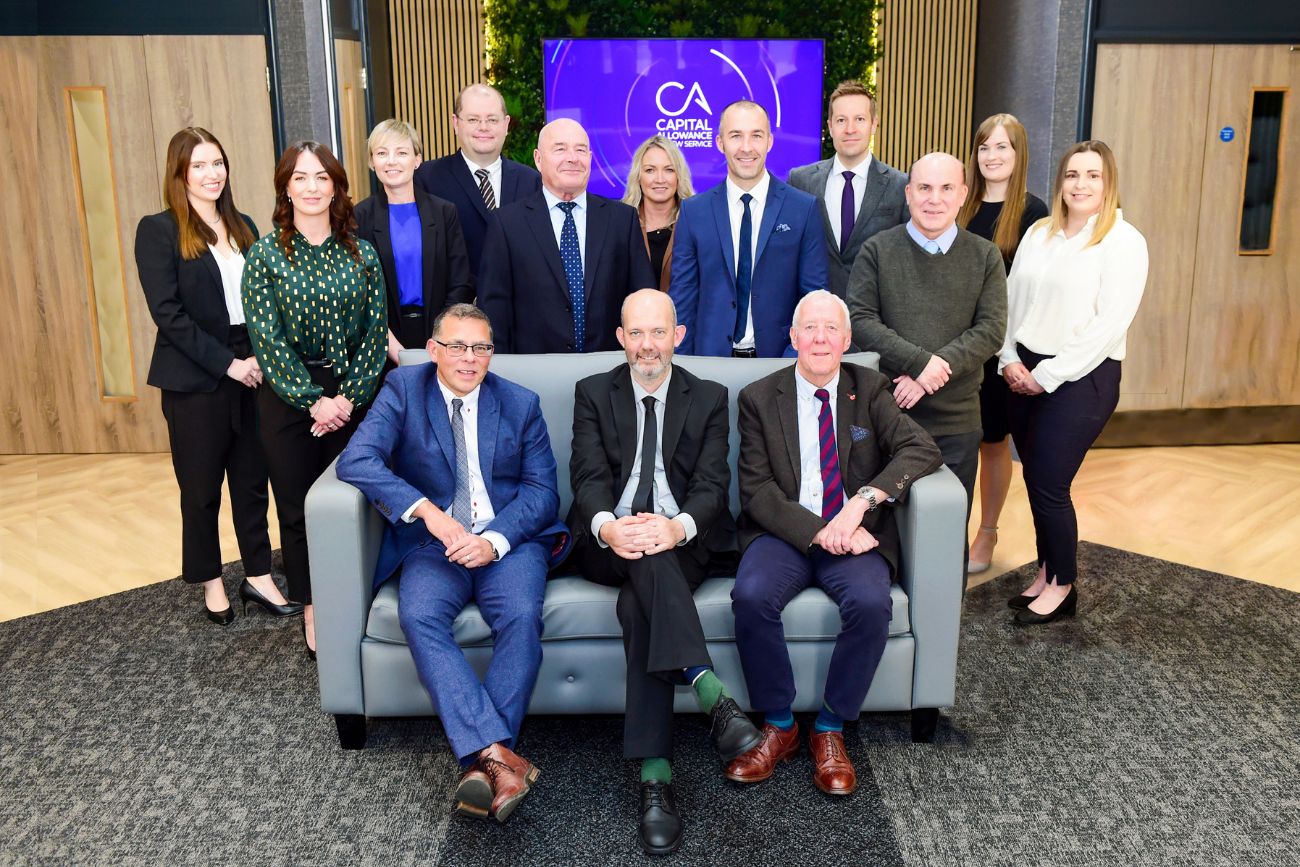Lean on our expert team...
Latest News
-
 5 December 2024
5 December 2024What Are Qualifying Activities for Capital Allowances?
Capital allowances are a key tax relief available to businesses for qualifying activities. They allow businesses to deduct the cost of certain capital expenditures related to these activities from their taxable profits, reducing their overall tax burden. However, not all purchases or investments qualify.... -
 3 December 2024
3 December 2024How Do CARS Assess Capital Allowances?
At CARS, we assess capital allowances and offer businesses and property owners a significant opportunity to reduce their tax liabilities by deducting qualifying capital expenditures. Here at Capital Allowance Review Service (CARS), we provide a thorough process to optimise these claims. Our goal is to...
Contact Us
Our expert team are here to help answer any of your capital allowances questions or enquires you have about your commercial property.






